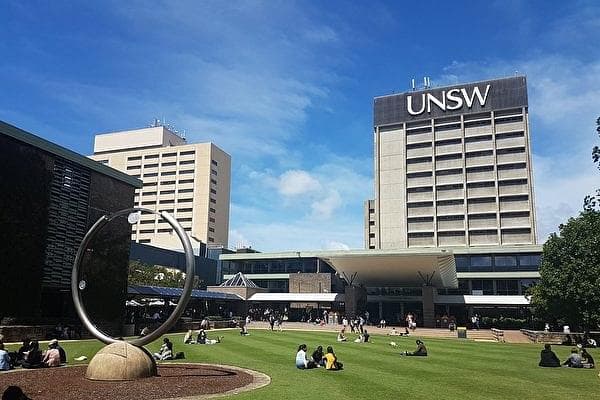There are two different streams of the Master of Translation. The stream you apply for will depend on the depth of your prior academic and/or professional experience, and how closely it relates to translation
You may be eligible to have your study recognised via Recognition of Prior Learning (RPL). If your work experience or prior study is recognised, credit points can be counted towards the degree, and you would then be able to complete the coursework undertaking fewer subjects.
You will need to meet the following admission requirements to be considered for entry into the program:
For the 1.7 year (72 UOC) stream (B)
For the 1 year (48 UOC) stream (A)
^Students from a non-211 university in China are now required to have a record of academic achievement equivalent to a UNSW distinction average (75%).
Relevant disciplines include: Interpreting and Translation, Arts, Humanities, Social Sciences, Media, Communications, Journalism, Public Relations, Advertising, Marketing, Business, Economics, Commerce, Law, Linguistics, Languages, Cognitive Science.
You may be asked to provide evidence of your English proficiency to study at UNSW depending on your educational background and citizenship. English language skills are vitally important for coping with lectures, tutorials, assignments and examinations - this is why UNSW requires a minimum English language competency for enrolment.
If English is not your first language, you’ll need to provide proof of your English proficiency before you can be given an offer to study at UNSW. You can do this by providing evidence that you meet one or more of the following criteria:
UNSW Global offers courses and programs designed to help you reach the English language level required for entry into your chosen degree. Different options are available depending on your current English language level.
IELTS 7.0 overall (min. 6.0 in each subtest)
TOEFL 94 overall (min. 25 in writing, 23 in reading, listening and speaking)
